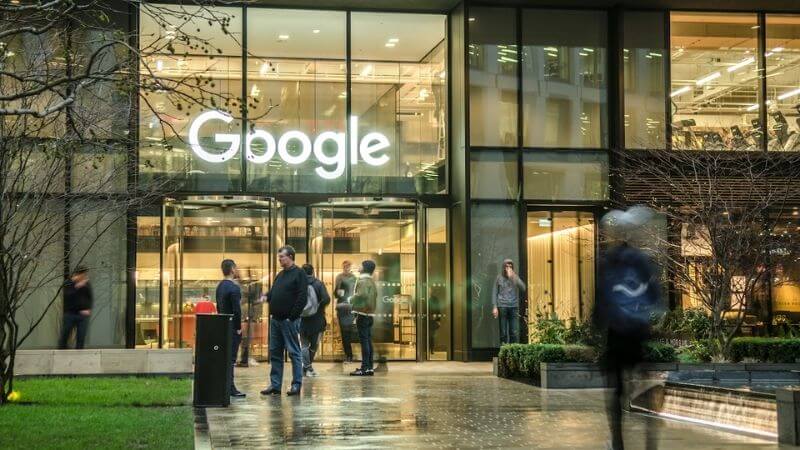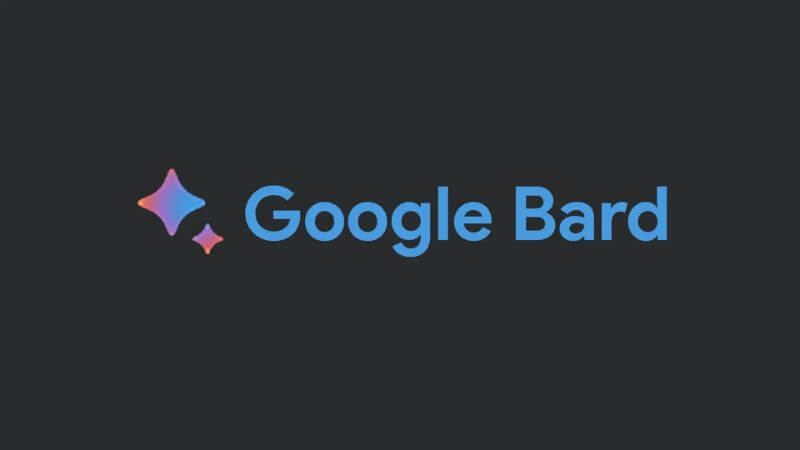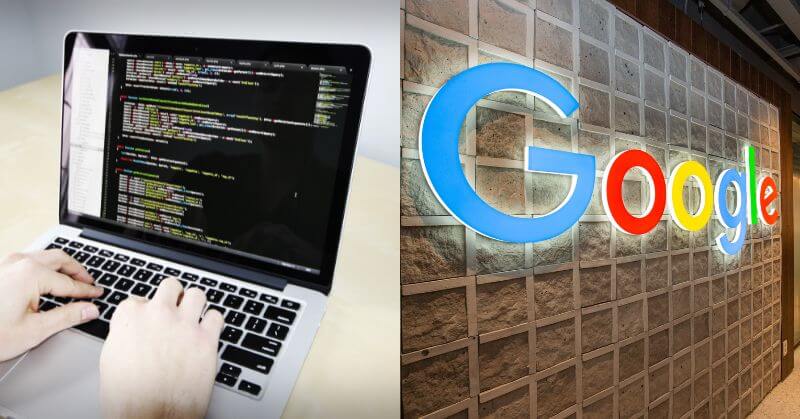In the ever-evolving technology industry landscape, the recent upheaval within Google has sent ripples through the tech community. With the departure of Fitbit’s co-founders, James Park and Eric Friedman, and the announcement of widespread layoffs, Google finds itself at a crucial juncture of organizational restructuring. This transformational phase hints at a strategic realignment, prompting us to delve into the intricacies of these significant moves.
Fitbit’s Legacy Under Google

In a surprising twist, James Park and Eric Friedman, co-founders of Fitbit, are leaving Google amidst a broader organizational reshuffle. Their departure, significant contributors to Fitbit’s success, suggests a strategic shift within Google, prompting inquiries about the future collaboration between the two entities. This move aligns with Google’s ongoing efforts to reshape its market standing and adapt to emerging industry trends. As Park and Friedman bid farewell, their exit becomes a noteworthy chapter in Google’s evolving venture into health and fitness technology.
Pixel Watch Innovation Continues: Google’s Wearable Tech Ambitions

Despite Google’s acquisition of Fitbit for a substantial $2.1 billion in 2021, the tech giant demonstrates an unwavering commitment to wearable technology. The persistent release of new Pixel Watch versions underscores Google’s determination to not only compete with Fitbit’s devices but also challenge the dominance of the Apple Watch.
The juxtaposition of Fitbit’s co-founders leaving and the ongoing innovation in wearable tech raises intriguing questions about Google’s strategy. How will the Pixel Watch position itself in the market, and what implications does this hold for Fitbit’s legacy under Google’s stewardship?
Google Restructuring Landscape Unveiled

Google’s layoffs announcement has left the tech community seeking clarity amid ambiguity. The impact spans various teams, including Voice Assistant, Pixel, Nest, Fitbit, and AR. The lack of specifics adds uncertainty to the situation. As Google navigates this shift, the industry questions its motives and consequences. The focus on Google Assistant sparks discussions on the company’s AI future.
Generative AI Trends: Google Adapts Amidst Industry Shifts

In the dynamic tech industry, major players like Microsoft and Google are betting on generative AI. Google’s recent move aligns with this trend, showcasing a proactive stance toward AI advancements. The integration of generative AI holds intriguing possibilities for Google’s virtual assistant, enabling advanced tasks and personalized user experiences. This strategic move places Google at the forefront of innovation amid organizational changes.
Google’s recent layoffs mirror Alphabet’s prior move, cutting 12,000 jobs in January 2023, 6% of its global workforce. This context sheds light on the reasoning behind Google’s current organizational adjustments.
The resonance of Alphabet’s past decisions prompts questions about the lasting effects of these workforce reductions. How Google navigates these changes will not only shape its competitive edge but also send significant signals to the tech industry regarding adaptability and resilience amid evolving market dynamics.
Follow Us: Facebook | Instagram | Twitter |
Youtube | Pinterest | Google News |
Entertales is on YouTube; click here to subscribe for the latest videos and updates.














